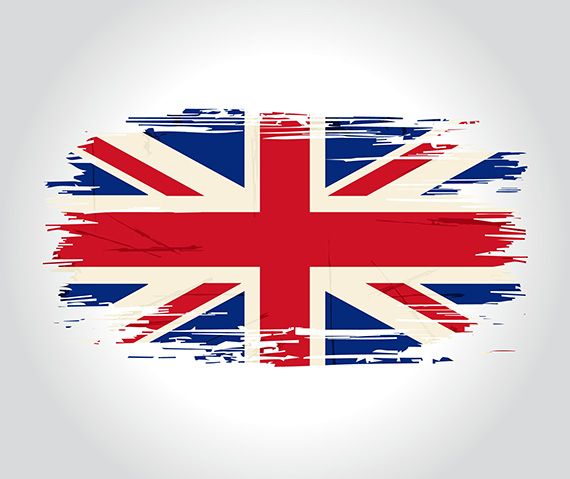More news
- Asian paint regulatory round up – Indonesian exterior paint still uses lead, warns W...
- Nigeria’s paint industry navigates regulatory changes and economic challenges amid p...
- Focus on the global coatings market: Global coatings market outlook
- Ask Joe Powder – October 2024
- Chinese paint majors look to domestic consumer sales as commercial real estate slumps

The beverage can industry’s ongoing efforts to move to products free from materials of concern are being boosted by the launch of next generation coatings technology from AkzoNobel – while a new production plant is also being constructed in Spain.
The company’s Packaging Coatings business has just launched the first two products in its new AccelstyleTM range. Designed for the exterior of conventional two-piece aluminium beverage cans, both are free from bisphenols, styrene and PFAS (per- and polyfluoroalkyl substances). They follow on from the May 2023 launch of AccelshieldTM700 – the first BPx-NI* (free of intentionally added bisphenols) internal coating for beverage can ends – which complies with US Food and Drug Administration (FDA) and EU regulations.
At the same time, AkzoNobel is investing €32M in a new plant at its Vilafranca site, which will produce bisphenol-free coatings for the metal packaging industry in EMEA (Europe, Middle East and Africa). The facility will use advanced automation and has been designed according to high eco-efficiency standards, enabling the company to make a step-change in energy and material efficiency. It’s expected to be operational by mid-2025 and will create around 40 jobs.
Commenting on the new facility, Jim Kavanagh, Director of AkzoNobel’s Industrial Coatings business, says it will help the company respond to a strong need from the packaging industry. “The Vilafranca plant will allow us to offer leading-edge products to any customer and country in EMEA, responding to the most stringent bisphenol regulations in force in Europe. The investment is in line with our view that bisphenols are no longer required to create safe food contact coatings for the metal packaging industry.”
READ MORE:
Food contact material (FCM) regulations for the key markets in Asia
He adds that the new Accelstyle products further illustrate the company’s commitment to giving customers the tangible support they need to transition to a new future. “Both new products – Accelstyle 100 and 200 – can be seamlessly introduced into existing production processes, allowing can makers to transition to coatings that are free from certain important materials of concern, while remaining as commercially viable as possible.”
Continues Kavanagh: “The bisphenol-free products we’ve developed have a lower carbon footprint, compared with those we previously supplied. For example, the carbon footprint of the products for can interiors that we’ll manufacture in the new facility will be 26% lower than our earlier offerings, which were epoxy-based. And it’s important to point out that bisphenol-free metal packaging isn’t just circular, it also meets consumer expectations for more sustainable packaging.”
Accelstyle 100 (a waterborne gloss overprint varnish) has already undergone multiple successful large-scale trials and qualifications with key major European can makers, while Accelstyle 200 (a waterborne matte overprint varnish) is currently undergoing trialsto optimise the prototypes for different gloss levels, from “soft touch” high matt to a “grippy feel” mid-matt effect.
AkzoNobel’s approach to the bisphenol transition of metal cans prioritises consumer safety and sustainability with responsible material substitutions, while taking care to limit disruption to the value chain. The company is continuing to work closely with customers to help accelerate the adoption of bisphenol alternatives.







